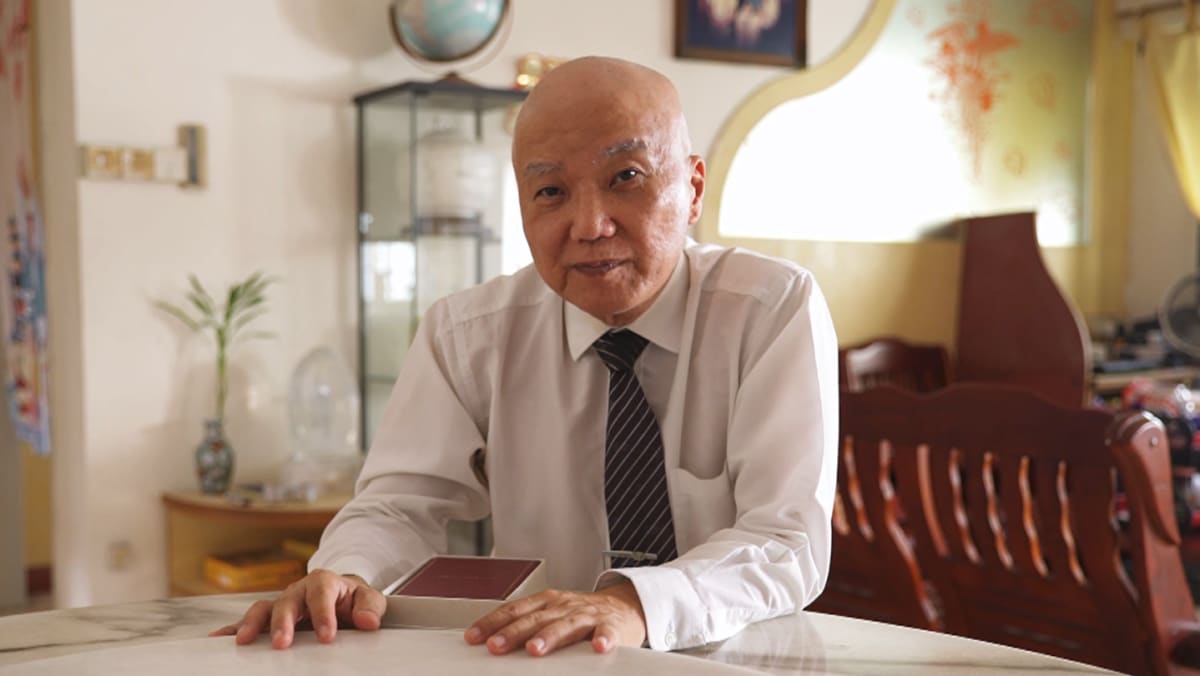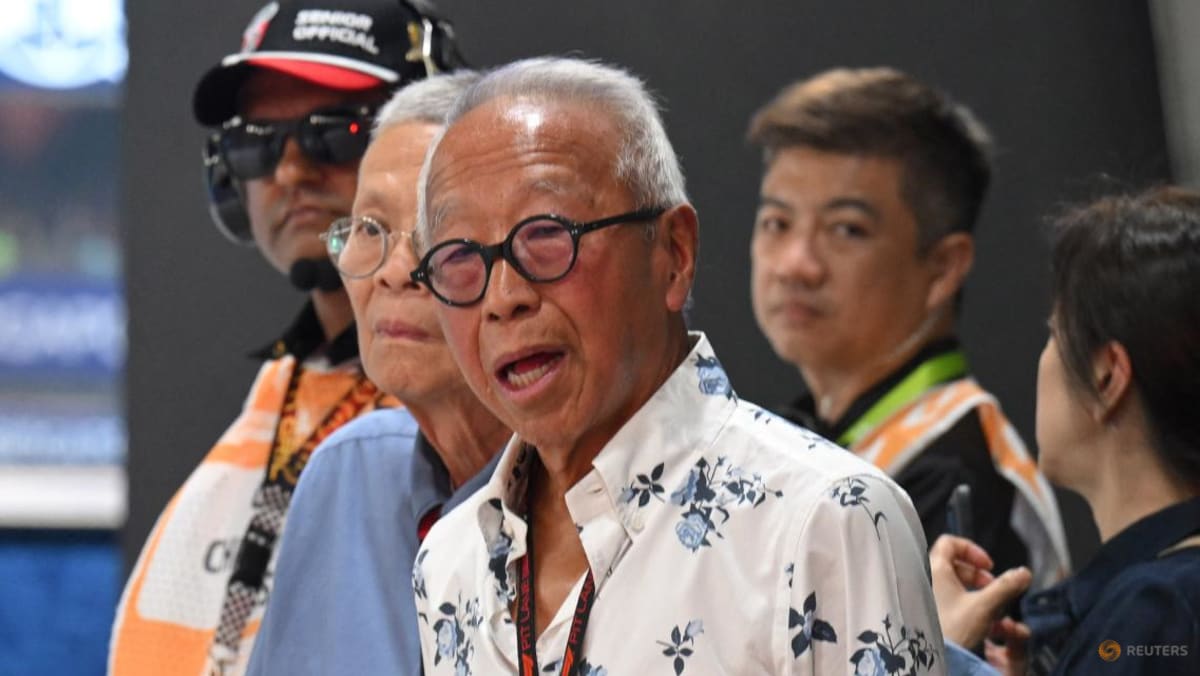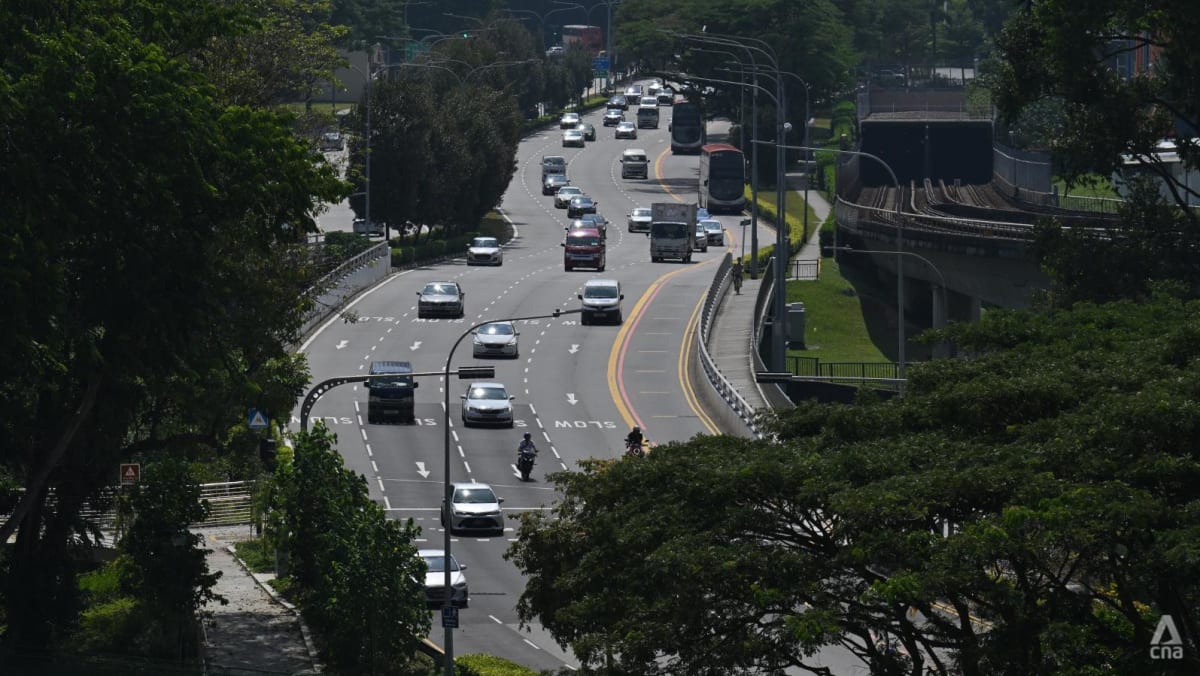A 2018 study exploring public perceptions of nuclear energy in Singapore found that most participants “immediately associated” the risk of nuclear energy with Fukushima and Chernobyl, with many participants describing this form of energy as dangerous or highly destructive.
Researchers noted that participants “mistakenly perceived” that the daily operation of nuclear power plants can emit radiation and harm public health, and wrongly believed that the technology used in nuclear power plants could be weaponised.
Experts pointed out that gaining public support, especially for residents living near potential nuclear power plant sites, is also crucial.
Dr Chew from RSIS said that given there is currently no nuclear power plant in operation in Southeast Asia, the public perception of nuclear energy will “remain low”.
“However, acceptance of nuclear energy in the region is changing, accelerated by the fact that climate change poses a much greater threat to humanity over traditional security issues,” said Dr Chew.
“Furthermore, economic growth and technology advancement in the region will fuel the rise in energy demand and consumption.”
Agreeing, Dr Chung from SNRSI said that as many see nuclear power as part of the solution to mitigating climate change, there is a “strong likelihood” that such plants may be built as early as the 2030s or 2040s.
When Southeast Asia does decide to adopt nuclear energy, it will be a major undertaking: The IAEA has said that a nuclear power programme involves a commitment of “around 100 years”.
Given this fact, experts say stable governance and political will are critical factors that will shape the timeline of nuclear energy adoption in any country.
“Given that the adoption of nuclear energy for newcomer states could typically take about 10 to 15 years, it is important to have a stable government that can see through the entire planning and adoption process,” Dr Chew of RSIS said.
He added that nuclear energy can be a politically sensitive issue in some countries in this region, due to the nascent public awareness and knowledge of the technology.
There are current examples showing just how the topic of nuclear energy can become a hot political issue. In Australia right now, nuclear energy is being debated, with different political parties taking strong and opposing stances, ahead of the 2025 national elections, on whether or not to deploy nuclear reactors there for the first time.
The opposition conservative Liberal Party in June this year unveiled seven sites across Australia where it proposes to build nuclear power plants by the mid to late 2030s. The plan is strongly opposed by the ruling Labor Party.
In another example of how a change in leadership can suddenly halt a country’s development of nuclear energy, Mr Nik Nazmi, Malaysia’s sustainability minister, said during a conference in Singapore in June said that his country “had always, for many, many years, researched on nuclear energy”.
But this research largely stopped after Dr Mahathir Mohamad took over premiership for the second time in 2018, he added.
KEEPING AN EYE ON THE REGION
As things stand right now, interest in nuclear energy remains uneven in this region, with experts pointing to Brunei, Laos and Cambodia as countries with little interest.
“However, these countries have also participated very actively in discussion or trainings in the other use of nuclear technologies (other than nuclear power) organised by the IAEA or at the regional level,” said Dr Chung.
Dr Nian of the CSER said: “It is important for ASEAN Member States to strengthen collaborations in nuclear research and education, and more importantly, keep the neighbours informed of newbuild and other critical decisions with potential regional impacts.”
He added that there is consensus among the countries in this region to cooperate in areas such as nuclear safety, security and safeguards, as it is key to ensuring the smooth adoption of nuclear energy by any individual country in the region.
This consensus was made clear by the founding of the ASEAN Network of Regulatory Bodies on Atomic Energy (ASEANTOM) in 2013, despite the current lack of any operational nuclear power plant in the region.
ASEANTOM encourages greater transparency through the sharing of technical and safety-related information across member nations.
The network also collaborates with IAEA to develop protocols for radiological emergencies. For example, one protocol states that if an event were to occur that results in a nuclear or radiological emergency, the nation where the incident occurred must share all available radiation monitoring data with other member states.













